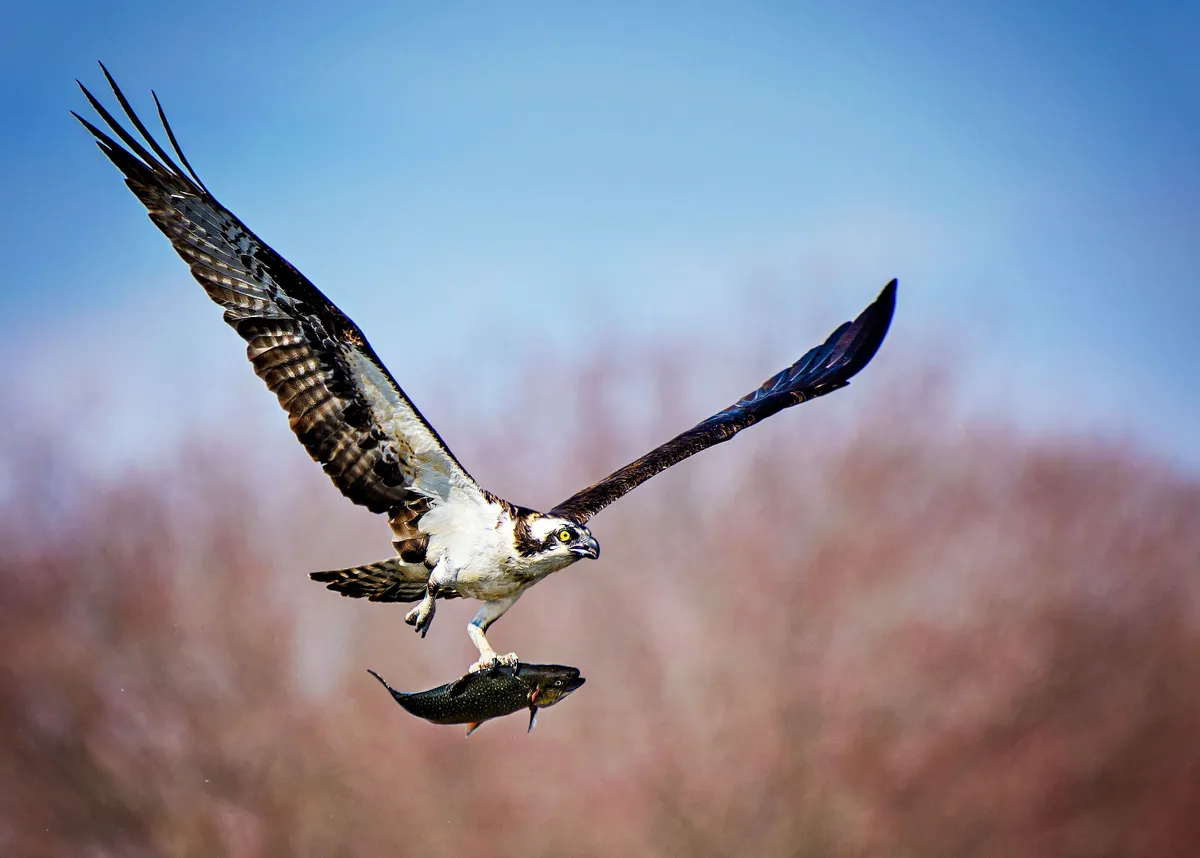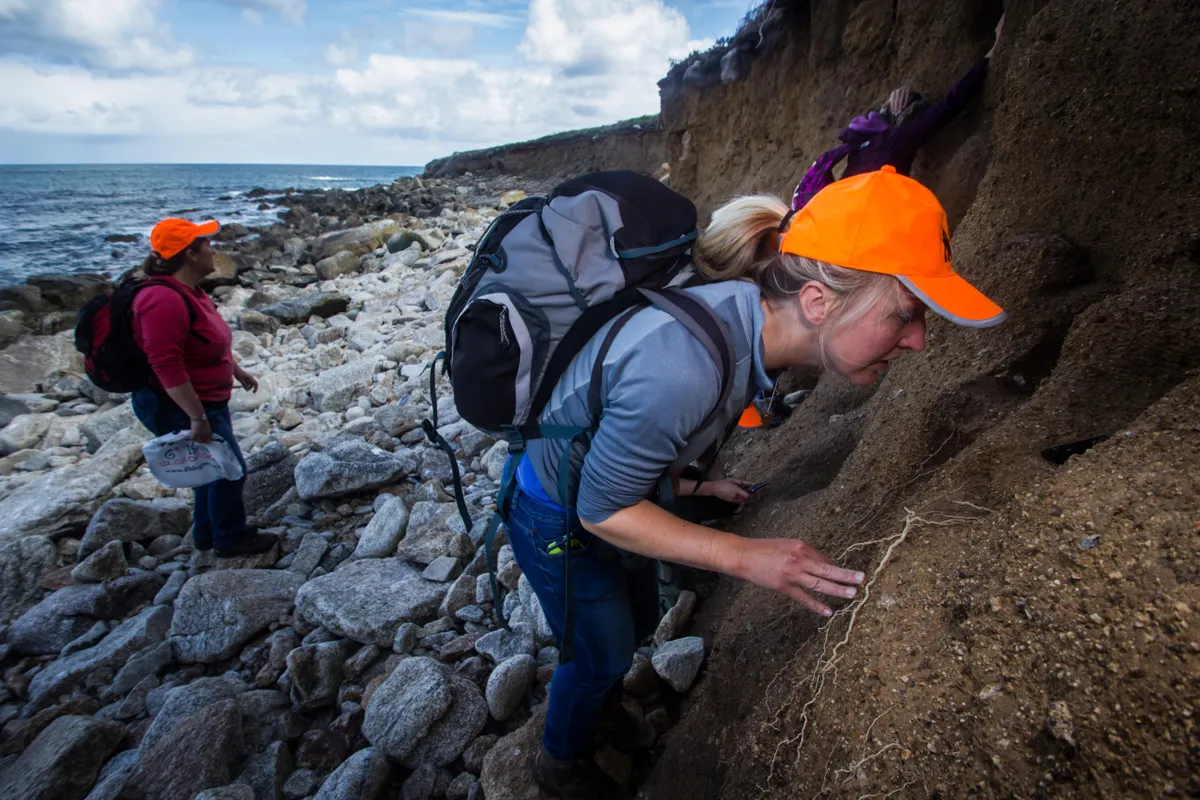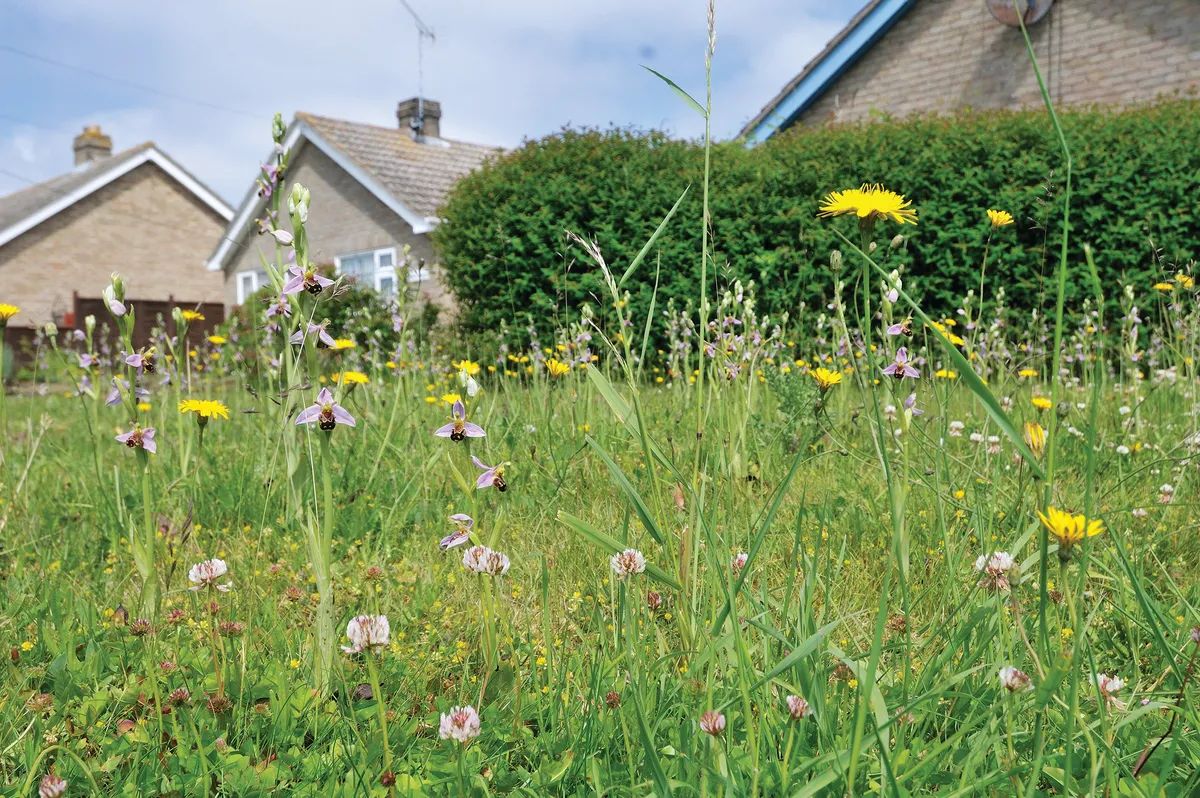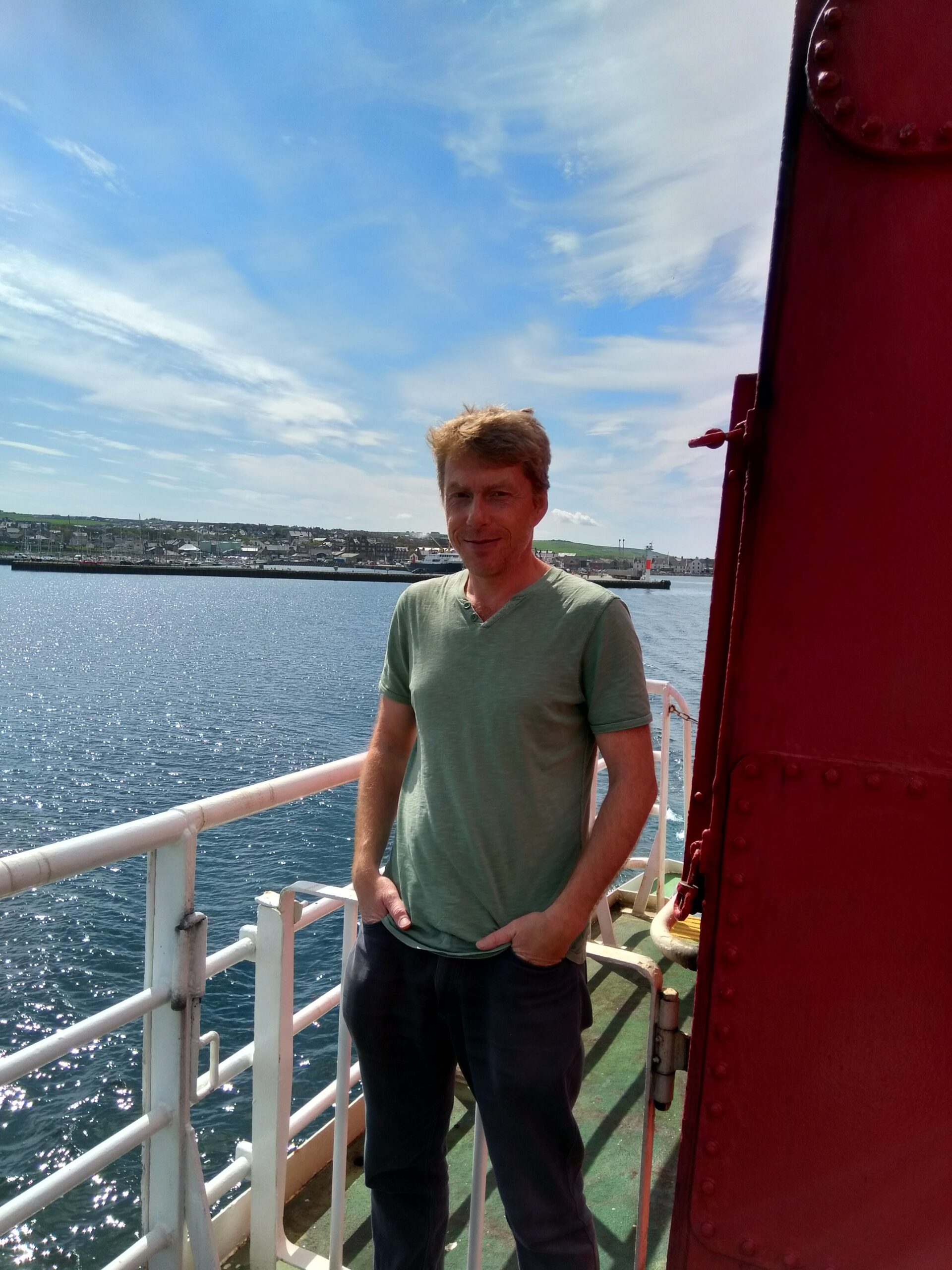Wildlife crime, vandalism and fly-tipping have all increased during the Covid-19 lockdown, but the countryside has also experienced some unexpected positive developments. Noise and air pollution were hugely reduced and much wildlife flourished undisturbed. But with police focused on other matters and the eyes and ears of the public absent, raptor persecution has reportedly escalated, while conservation projects have halted.
The negative impact of lockdown
Devastating fires
A vast fire in mid-May which devastated 190 hectares of Wareham Forest in Dorset is likely to have been started by a disposable barbecue or a camp fire, investigators have said. Much of the forest is a SSSI and home to sitka deer and all six species of British reptile, including the rare smooth snake. Hundreds of reptiles are feared to have died. Forestry England says it could take the forest decades to recover. A fire at Brentmoor Heath in Surrey in early May killed wildlife including adders and nesting stone chats. Ben Habgood from Surrey Wildlife Trust says the land, which is on the fringe of an urban area, will take five years to recover to its former state.

Chobham Common suffered a devastating fire more recently, causing harm to 100 acres of wildlife habits.
Bird crime
The RSPB has received a surge in reports of birds of prey being illegally killed since lockdown began. The majority of incidents have been on or close to sporting estates managed for game-bird shooting. The organisation has documented 56 crimes, with another 12 under police investigation. These include 10 shot buzzards, a further 11 buzzards poisoned and eight red kites either shot or poisoned, a hen harrier shot in the Forest of Bowland and eggs being taken from a peregrine nest in Derbyshire. “The reality is, with fewer members of the public out and about, if you want to do something horrific to raptors, you have had less chance of being spotted,” says Beccy Speight, RSPB chief executive.

Survey and conservation work suspended
The Covid-19 crisis has meant many organisations have had to scale back their conservation work. A key seabird study of St Kilda in the Outer Hebrides has been postponed until 2021, while a study of the rare Soay sheep on Hirta, which has continued since 1952, had to be suspended. During April, Alderney Wildlife Trust’s invasive bracken control stopped, which will have effects on species such as the Dartford warbler and slow worm. The RSPB is concerned that a lack of monitoring of insect numbers and of migrants such as swifts will slow our understanding of factors driving the drop in biodiversity.

Other problems
The Hampshire and Isle of Wight Wildlife Trust has reported fish poaching, while the Staffordshire Wildlife Trust has experienced illegal shooting of birds in woodland. Many local authorities are tackling unauthorised closures of footpaths and there have been worrying reports of increased river pollution across the UK.
New visitors
Wildlife organisations are seeing new visitors from urban areas exploring and enjoying their reserves, discovering the countryside as an antidote to lockdown. The downside, they say, is that many visitors aren’t used to being in wild spaces and don’t know that, for example, gates need to be closed, or dogs need to be controlled, or even that BBQs aren’t allowed. The Wildlife Trusts has seen more dogs off leads, disturbing nesting birds and livestock. “General littering and fly-tipping have been problems. Usually our staff would be on site to have conversations with people about behaviour,” says Beccy Speight. However, Craig Bennett, CEO of The Wildlife Trusts, believes the spectacles on display this spring are likely to be misleading. The gains we are seeing are mainly temporary – you cannot reverse years of decline with one better wildlife spring. Birds nesting by footpaths is wonderful but that will stop the minute people return.
The positive impact of lockdown
Cleaner air
The air has been cleaner, with nitrogen dioxide pollution dropping by 40% and particulate matter by 10% compared with the same period last year, according to DEFRA. A poll of 20,000 motorists by the AA found that half said they would walk more and 40% intended to drive less. In addition, background noise generated by human activity dropped by up to 50% during lockdown, according to the British Geological Survey.
Grass left to grow
Several local authorities and landowners stopped mowing roadside verges, lawns and open spaces. Monmouthshire County Council ran a social media campaign to encourage residents to follow suit, promoting the hashtag #NoMowMay. Plantlife’s botanical specialist, Dr Trevor Dines says: “Like the nation’s haircuts, we adapted to a less rigorous regime.” Flowers seen in greater abundance include early purple orchids, ox-eye daisy, cow parsley, greater stitchwort and cuckoo flower. Plantlife estimates that 40,000 miles of roadside verge have been left uncut – every mile produces 20kg of nectar from its flowers. “That’s not just food for pollinators; it means seedheads for birds and nesting sites for voles and mice,” adds Dines.

Less disturbance
Less activity on rivers has led to higher numbers of mayflies and caddis flies, which in turn appears to have provided greater food sources for birds. Terns and ringed plovers have been reported to nest in greater numbers, or more visibly, on shorelines. Inland, nests have been recorded on footpaths. “We have anecdotal evidence that ground-nesting birds have done quite well,” says Beccy Speight.
A new green movement?
Beccy Speight believes a conservation movement similar to ones that emerged after the Second World War could be created. “You could call it a Coalition Conservation Corps, made up [of] people working to deliver a green economy – from zero-carbon employment to jobs in nature. These can be given to people whose jobs have been lost or affected by Covid-19. It’s the youngest generation who will be most financially hit by the crisis.”
Looking to the future post Covid
Beccy Speight Chief executive of the RSPB “It’s fantastic that people have become engaged with nature during lockdown. People have heard the robin singing through their window for the dawn chorus. The key is to build on that new experience for many and engage them in the wider picture of conservation. “The reality is that there are 40 million fewer birds taking part in the dawn chorus than [there] were 50 years ago. We have to make this new awareness stick.”
Gemma Cantelo Head of policy and advocacy at The Ramblers “For people without a garden or easy access to local green space, lockdown has been particularly tough. We know poor access to green space exacerbates health inequalities, but the current crisis brings the personal cost of that into stark relief. “National governments [need] to see recovery from this crisis as an opportunity to boost walking and improve our access to the outdoors.”
Craig Bennett CEO of The Wildlife Trusts “There has been a reawakening, of people seeing how important nature is for their physical and mental health. People may also now be realising how important their local nature reserves are. If we act on that and improve nature local to us, that will represent a big and important change. But we have to make these choices together – unless we decide to rewire things, we will just default back to how things were before. That would be such a missed opportunity.”

